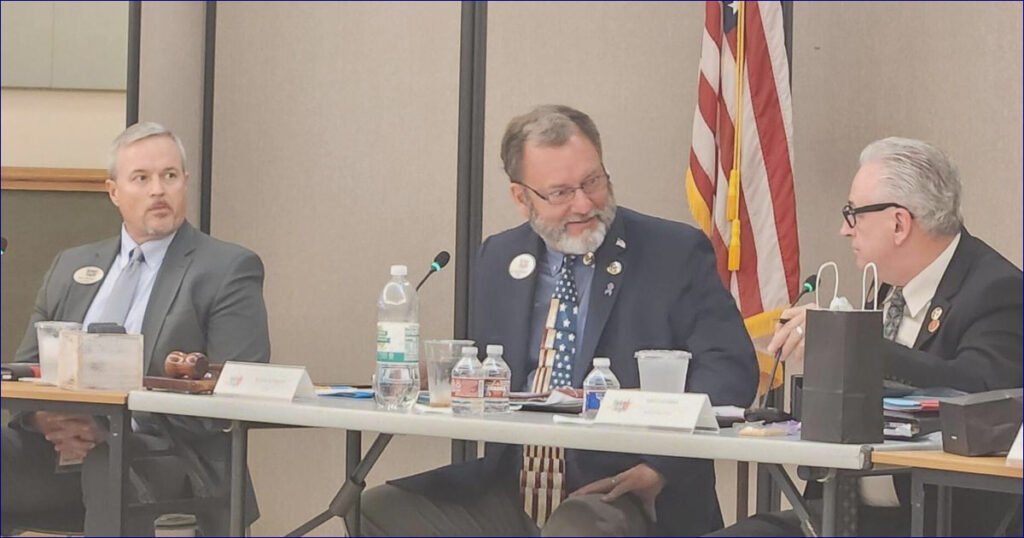In a recent council session that buzzed with optimism, the Harker Heights City Council discussed an exciting upcoming capital improvement initiative, complemented by informative updates from Killeen Independent School District (KISD) Superintendent Jo Ann Fey. This meeting was not just another routine gathering; rather, it unfolded as a landscape of potential transformation for the community.
The JH Contractor, hailing from the heart of China Springs, delivered a strikingly low bid of $268,337 to embark on vital projects aimed at enhancing the Roy Reynolds Bridge through scour protection. This bid, almost a third of the city’s anticipated budget of $704,955, stirred curiosity and concern alike among council members. To ensure the credibility of JH Contractor, the city opted for due diligence, reaching out to consulting engineer Walker Partners LLC for insight into the contractor’s past undertakings. It was revealed that JH has a reputable legacy in Waco and Temple, elucidating the source of their remarkably competitive pricing—proximity to essential resources and materials.
Councilwoman Lynda Nash, initially wrestling with skepticism, drew an analogy to shoes to articulate her reservations. “Imagine,” she mused, “being offered a pair of shoes for a mere $10 after hearing prices from $70 up to $500. It compels a person to ask, are they genuinely worth it, or is there some deceptive finesse at play?” Her hesitation mirrored a broader concern: while hunting for a deal is undoubtedly appealing, it shouldn’t come at the cost of quality.
Assured by thorough research and direct communications with previous collaborators of JH Contractors, council members finally made a unanimous decision to embrace the contractor’s bid, marking a promising step forward for the city.
Transitioning from infrastructure to education, Superintendent Jo Ann Fey painted a more somber picture of the challenges besieging KISD, including dwindling student enrollment and an alarming scarcity of certified staffing candidates. “We’re staring down a $10 million budget deficit for the upcoming year,” she stated, underscoring the urgency of the district’s financial landscape. To confront these grave issues, Fey unveiled the establishment of a budget reduction task force, aiming to analyze strategies employed by peer districts navigating similar fiscal storms.
Fey also shed light on the fresh cellphone policy within the Corsicana Independent School District (CCISD), noting its uneven implementation across grade levels. While middle schools imposed strict regulations from the outset, high school students enjoyed more leniency—an approach that proved problematic in enforcing the rules. “Learning from our experiences,” Fey conceded, “we’re adjusting back to a more stringent framework, which is always a laborious endeavor.”
Feedback from students regarding the policy was mixed, as expected, with some expressing frustration while others appreciated the increasing face-to-face interactions spurred by reduced screen time. “The intent here is clear: we aim to foster social skills among our students,” Fey clarified. She concluded with an optimistic note, sharing that teachers have observed enhanced engagement in their classrooms, paving the way for a more conducive learning environment.
In an evening that oscillated between skepticism and encouragement, the Harker Heights City Council meeting heralded a new chapter brimming with possibilities. As the community stands on the cusp of transformational initiatives and educational reform, the dialogue between governance and the citizens remains more critical than ever.

